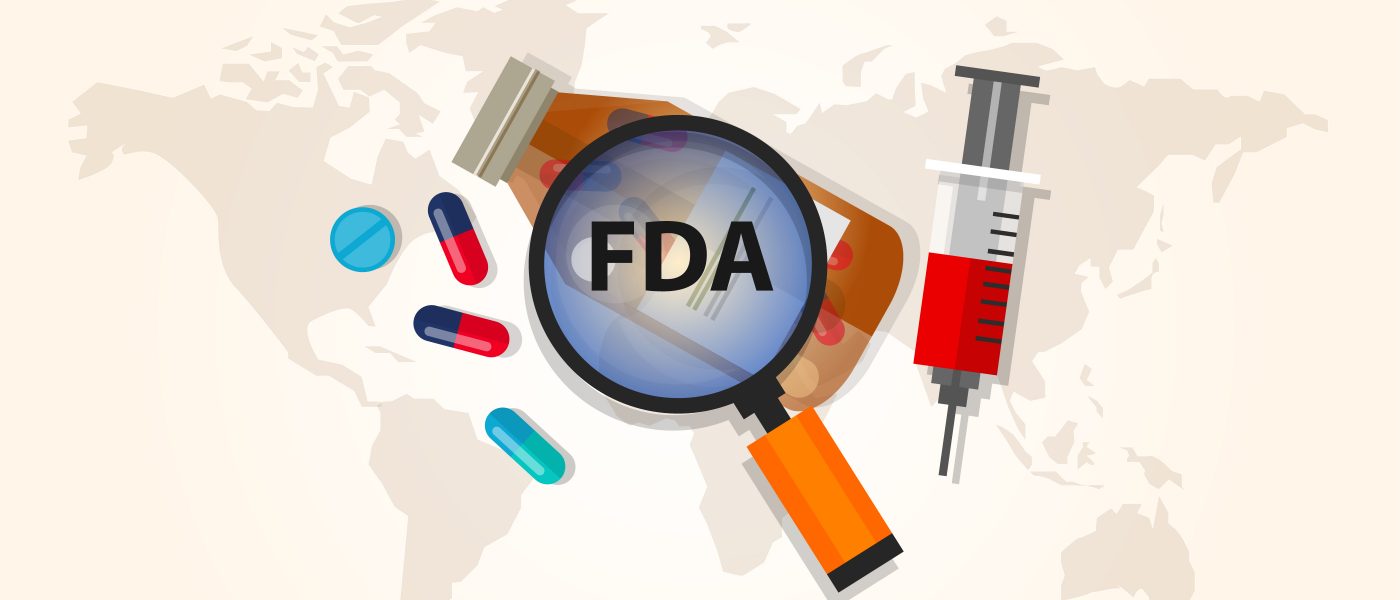Drug safety has always been my passion. My career over the last three decades has been shaped by growing up in an environment governed by evolving drug safety regulations. Whether it has involved reviewing spontaneously reported adverse events for approved drugs or adverse event reports from a clinical trial under an Investigational New Drug application, drug safety has defined my thinking about every new product marketed to the consumer.
That is why I’m fascinated — and have been closely watching — the quiet revolution occurring in the cannabis industry as agricultural opportunities intersect with the drug approval process.
Last December, President Trump signed into law the 2018 Farm Bill, legalizing industrial hemp, heralding the dawn of a new era. The bill establishes that the Department of Agriculture, native American Indian tribes, and states need to create a regulatory framework for hemp producers. Despite its complexities, the bill could pave the way for agricultural breakthroughs for this cash rich crop.
Meanwhile, on the medical front, the FDA will hold a public meeting on May 31, 2019 to obtain scientific data and information about the safety, manufacturing, product quality, marketing, labeling, and sale of products containing cannabis or cannabis-derived compounds, which have been shown to be effective in treating certain diseases and conditions.
For those who have not been closely following the issue, medical cannabinoid drugs have been developed to meet regulatory requirements and approved by the FDA for sale as prescription drugs. The study of cannabis and cannabis-derived compounds in clinical trial settings is necessary to assess the safety and effectiveness of these substances in treating diseases or conditions. The sale of unapproved products with unsubstantiated therapeutic claims is not only a violation of the law, but also puts patients at risk.
In June 2018, the FDA approved the first cannabis-derived drug — Epidiolex, which is used to treat certain types of seizures. The agency also approved three synthetic cannabis-related products — Marinol (1985), Syndros (2017), and Cesamet (2006). Marinol and Syndros are used to treat anorexia associated with weight loss in AIDS patients, while Cesamet is used to treat nausea and vomiting associated with chemotherapy in patients who have failed to respond to conventional antiemetic treatments. All four products are only available by prescription from a licensed healthcare provider.
More information is needed about the safety of cannabinoid drugs. As this issue continues to evolve, the emphasis and focus should be on regulations and safety of cannabis products for medical use. Without this, the door will be left wide open for confusion, misinformation, and unsafe products for the consumer.
For more information about the upcoming FDA meeting, visit httpss://bit.ly/2J2YkF9.


